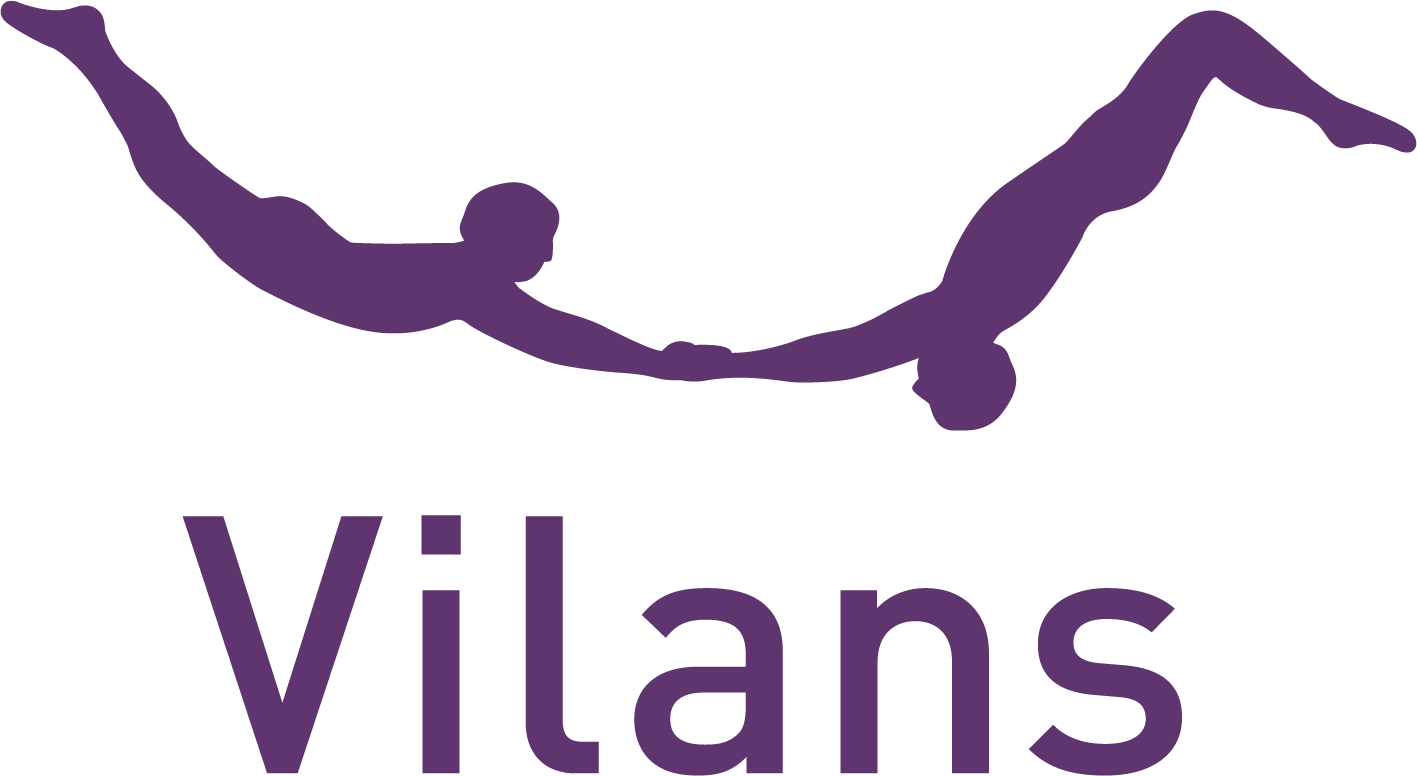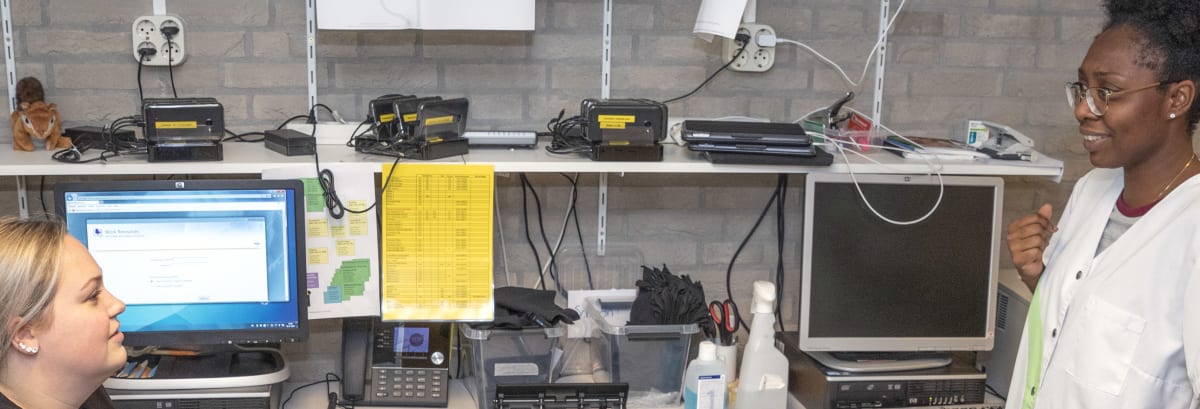Innovative Well-being Dashboard for Dementia Care Thanks to International Collaboration
Published on: 26-08-2024
Living with dementia is challenging, not only for the person with the disease, but also for those who provide care. One of the biggest challenges for caregivers and practitioners is how to anticipate the client's needs as the disease progresses. Often the progression of dementia depends on a person’s health history and lifestyle. Moreover, not everyone has the same needs during the different stages. An international team of researchers, developers and healthcare organizations asked the question: how can we better address this with smart technology?
Systems often do not connect well
There are many healthcare technology vendors, each with their own apps and technology. These systems are often not compatible, resulting in care workers having to use separate apps and dashboards. Combining the various data into one dashboard, can often provide a better insight into how the health and well-being of someone with dementia changes over time. That is why the project HAAL (HeAlthy Ageing eco-system for peopLe with dementia) was started in 2021 to develop a dashboard where all this information comes together.
What is HAAL?
HAAL (HeAlthy Ageing eco-system for peopLe with dementia) is a collaborative project of Dutch and international partners within the Active and Assisted Living program (AAL). The goal is to support people with dementia, their loved ones and care professionals during the different stages of dementia by deploying multiple care and well-being technologies.
In addition to Vilans, Taiwan, Italy, Denmark are members of the consortium working on this project. The municipality of Haarlemmermeer and care organizations Livio, Amstelring, Cordaan and the company Compaan also participated in the study.
For the first time, we worked together on a global scale to improve dementia care. The crowning glory of our work is a very positive final review of the project (AAL program).
Henk Herman Nap, Vilans
Measuring well-being through AI-driven dashboard
The international HAAL project 2021 - 2023 investigated smarter support for people with dementia via an AI-driven dashboard. From a bundle of previously researched technologies, the team selected technologies together with people with dementia, care professionals, family members and caregivers based on their needs. The goal was to develop an online platform that provides the most useful solution for dementia care. The newly developed dashboard provides insight into cognition, social contacts and physical activities of an older person with dementia. In other words, insight into their well-being.
Thanks to the pilots, we have developed a totally new methodology for measuring well-being with AI - unique and tailor-made for this project. You don't find this anywhere in the literature yet.
Sara Casaccia, UNIVPM, Italy
The user as co-designer
The needs of the care worker formed the basis for the design of the dashboard. For this reason, care workers were asked to be co-designers. Vilans offered sessions in which they had to collaboratively design three pages of the HAAL well-being dashboard. The question being: what information do you need in a dashboard and how is it most convenient to access? The designs put forward by the care workers provided the designers with additional insights, including practical features.
Co-design provides insights you wouldn't have gotten by just conducting interviews. It allowed us to better incorporate the needs of the users.
Sima Ipakchian Askari, Vilans
Responsible innovation
'But what impact does merging the data have on privacy and autonomy? And how can we shape this carefully?' Thinking and talking about ethics, about (possible) positive and negative effects of technology, and about responsible AI-assisted care, is part of shaping a project like HAAL. These discussions helped the team make informed choices about the deployment of increasingly sophisticated technologies. 'In a project with so many parties working together with sensitive personal information, this mindset is very important,” Henk Herman Nap points out.
Learning from each other across borders
During this co-design project, the different parties learned a lot from each other. Not only about the impact of cultural differences, but also about the differences in working methods between the participants. For the University of Taiwan, this is the first collaboration with Europe. Until now, they had only dealt with the development of the device itself: SKIPR, a device that stimulates brain activity.
This is our first collaboration with Europe. Until now we only dealt with the technical development of devices. During this collaboration we were part of a different way of working: using co-design. This was new to us. The interviews with the end users and the whole process of responsible innovation was very educational for us. What I most liked about this way of working is the human angle. It’s all about the users of the technology. I am an engineer and this collaboration has given me a new perspective on developing technologies for healthcare.
Hsiao-Feng Chieh, University of Taiwan
How to proceed?
We now have a good first version of a dashboard for healthcare providers. Henk Herman Nap: ‘A next step is to involve informal carers as well. If both informal carers and care workers had a ‘well-being dashboard’, they would also be able to have different conversations with each other. Our aim is to gain better and earlier insight into the well-being of people with dementia. Thanks to that information, it may be possible to focus more on prevention and allow people to live independently at home for longer.'







